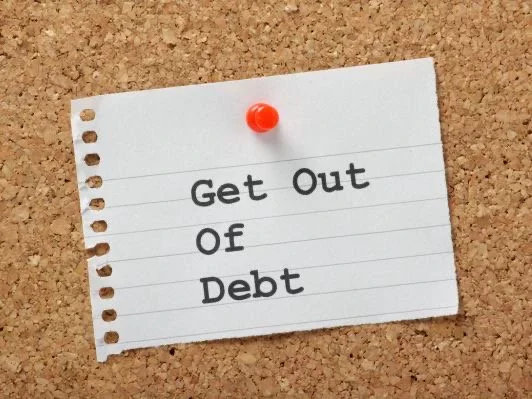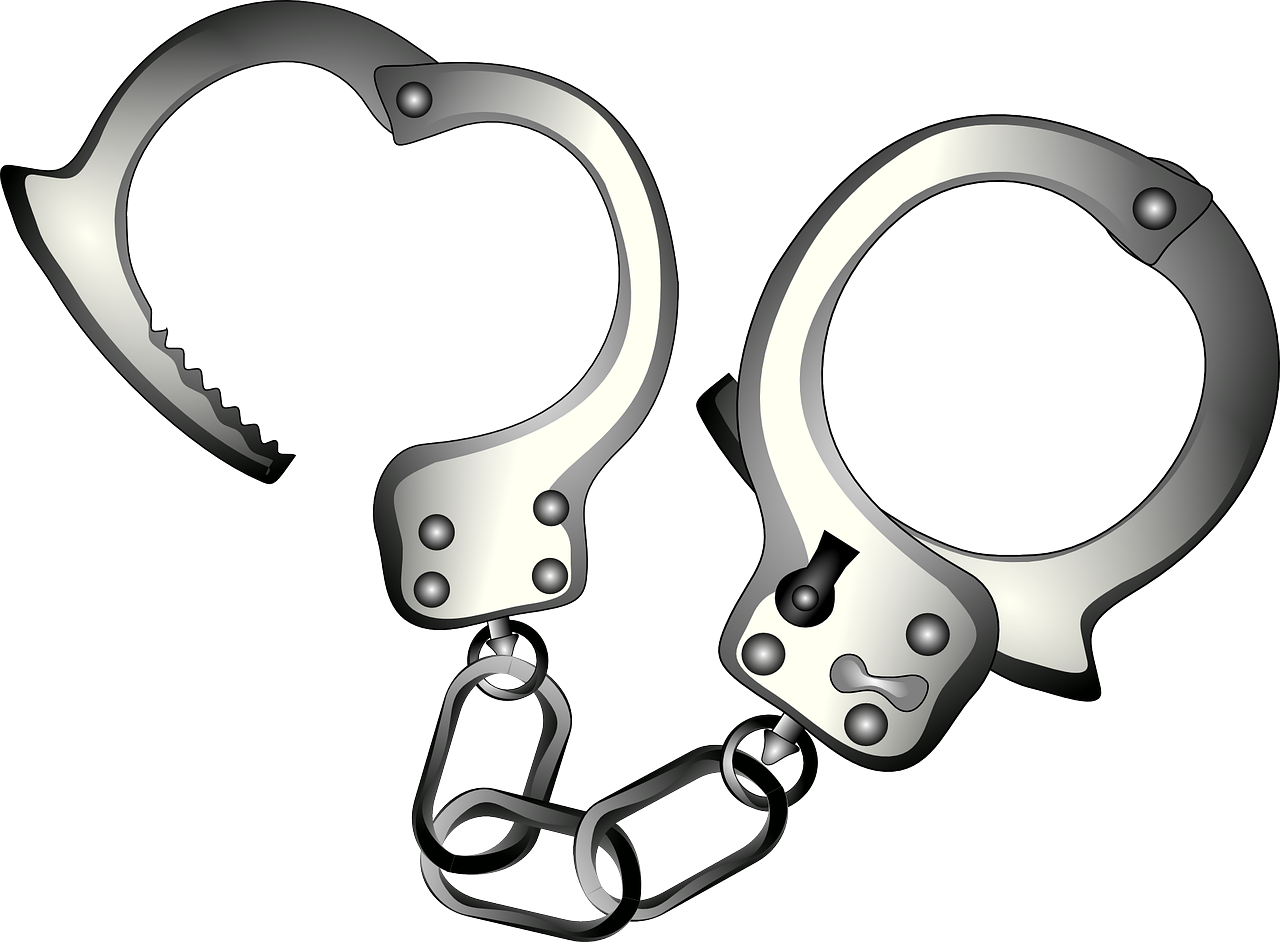How to get out of debt faster? 9 ways explained

Debt can be a significant burden, affecting your financial stability and overall peace of mind. Finding ways to get out of debt faster is crucial for regaining control over your finances and achieving financial freedom. This article will explore 9effective strategies to help you accelerate your debt repayment.
From creating a realistic budget and prioritising high-interest debts to exploring debt consolidation and seeking professional advice, these tips will provide you with practical guidance to tackle your debt head-on.
By implementing these methods, you can reduce your debt more quickly and move towards a healthier financial future.
Importance of Debt Management
Debt management is crucial for achieving financial stability and freedom. Effective debt management involves planning and implementing strategies to reduce and eventually eliminate debt. It helps you avoid the stress and financial strain caused by excessive debt.
Proper management also improves your credit score, making it easier to access better financial opportunities in the future. By prioritising debt management, you can regain control over your finances and work towards a more secure financial future.
Assessing Your Debt Situation
Before you can effectively manage your debt, it is essential to assess your current debt situation. Start by listing all your debts, including credit card bills, lines of credit, short term loans, alternatives to loans for bad credit, etc., and any other obligations. Note the interest rates, minimum payments, and outstanding balances for each.
This comprehensive overview will help you understand the full extent of your debt and identify which debts need to be prioritised. Assessing your debt situation is the first step towards creating a realistic plan to get out of debt faster.
1. Create a Budget
Creating a budget is a fundamental step in managing and reducing debt. Begin by tracking your income and expenses to understand where your money is going. List all sources of income and categorise your expenses into essential and non-essential. This will give you a clear picture of your financial situation and highlight areas where you can cut costs.
By tracking your income and expenses, you can allocate more funds towards debt repayment and accelerate the process.
2. Identify Areas to Cut Costs
Once you have a clear understanding of your income and expenses, identify areas where you can cut costs. Look for non-essential expenses such as dining out, subscriptions, and entertainment. Consider cheaper alternatives or eliminate these expenses altogether. Redirect the savings towards paying off your debts.
Cutting costs in your budget can free up significant amounts of money, which can be used to reduce your debt faster.
3. Increase Your Income
Increasing your income can help you pay off debt faster. Consider taking on a side job or freelance work to boost your earnings. There are many opportunities available, such as gig economy jobs, online freelancing, or part-time work.
The additional income can be dedicated entirely to debt repayment, helping you achieve your financial goals more quickly. Exploring side jobs can provide the extra cash flow needed to tackle your debt more effectively.
4. Prioritise High-Interest Debt
Understanding interest rates is crucial for effective debt management. High-interest debts, such as credit cards, can quickly accumulate and become overwhelming. Prioritise paying off these debts first to reduce the amount of interest you pay overtime.
By focusing on high-interest debts, you can make more significant progress in reducing your overall debt. Understanding interest rates helps you make informed decisions about which debts to tackle first.
5. Use the Snowball Method
The snowball method is a debt repayment strategy that focuses on paying off the smallest debts first. Start by listing your debts from smallest to largest. Make minimum payments on all debts except the smallest, which you pay off aggressively. Once the smallest debt is paid off, move on to the next smallest, and so on.
The snowball method builds momentum and motivation as you see debts disappearing one by one. It’s an effective way to tackle debt if you need quick wins to stay motivated.
6. Use the Avalanche Method
The avalanche method focuses on paying off debts with the highest interest rates first. List your debts from highest to lowest interest rates. Make minimum payments on all debts except the one with the highest interest rate, which you pay off as aggressively as possible.
Once the highest-interest debt is eliminated, move on to the next highest, and so on. The avalanche method minimises the total interest paid overtime, making it a cost-effective debt repayment strategy.
7. Consolidate Your Debts
Debt consolidation involves combining multiple debts into a single loan with a lower interest rate. This approach simplifies your payments and can reduce the overall interest you pay. Debt consolidation loans can be obtained through banks, credit unions, or specialised lenders.
By consolidating your debts, you can streamline your repayment process and potentially lower your monthly payments, making it easier to manage your finances.
8. Cut Unnecessary Expenses
Cutting unnecessary expenses is a straightforward way to free up money for debt repayment. Start by reviewing your budget and identifying non-essential spending, such as dining out, entertainment, and subscriptions.
Evaluate each expense and determine if it can be reduced or eliminated. Redirect the savings towards paying off your debts. Identifying and cutting non-essential spending can provide immediate financial relief and help you focus on your debt reduction goals.
9. Avoid New Debt
Avoiding new debt is crucial for successful debt repayment. Develop strategies to prevent accumulating additional debt, such as creating an emergency fund, using cash instead of credit, and avoiding unnecessary purchases. Establish a strict budget and stick to it, ensuring that you live within your means.
By preventing new debt, you can focus on paying off existing obligations and improve your financial stability. Effective strategies to avoid new debt are essential for long-term financial health.
Importance of Financial Discipline
Financial discipline plays a vital role in avoiding new debt and successfully managing existing debt. It involves making conscious decisions about spending, saving, and borrowing. Practice self-control and resist the temptation to make impulse purchases. Prioritise your financial goals and stay committed to your debt repayment plan.
The importance of financial discipline cannot be overstated; it’s the foundation for achieving and maintaining financial freedom.
Conclusion
Staying committed to your debt repayment plan is crucial for achieving financial freedom. Consistency and discipline are key factors in successfully reducing and eliminating debt. Regularly review your progress, adjust your strategies as needed, and remain focused on your goals. Staying committed to debt repayment requires perseverance and dedication, but the rewards are well worth the effort.





